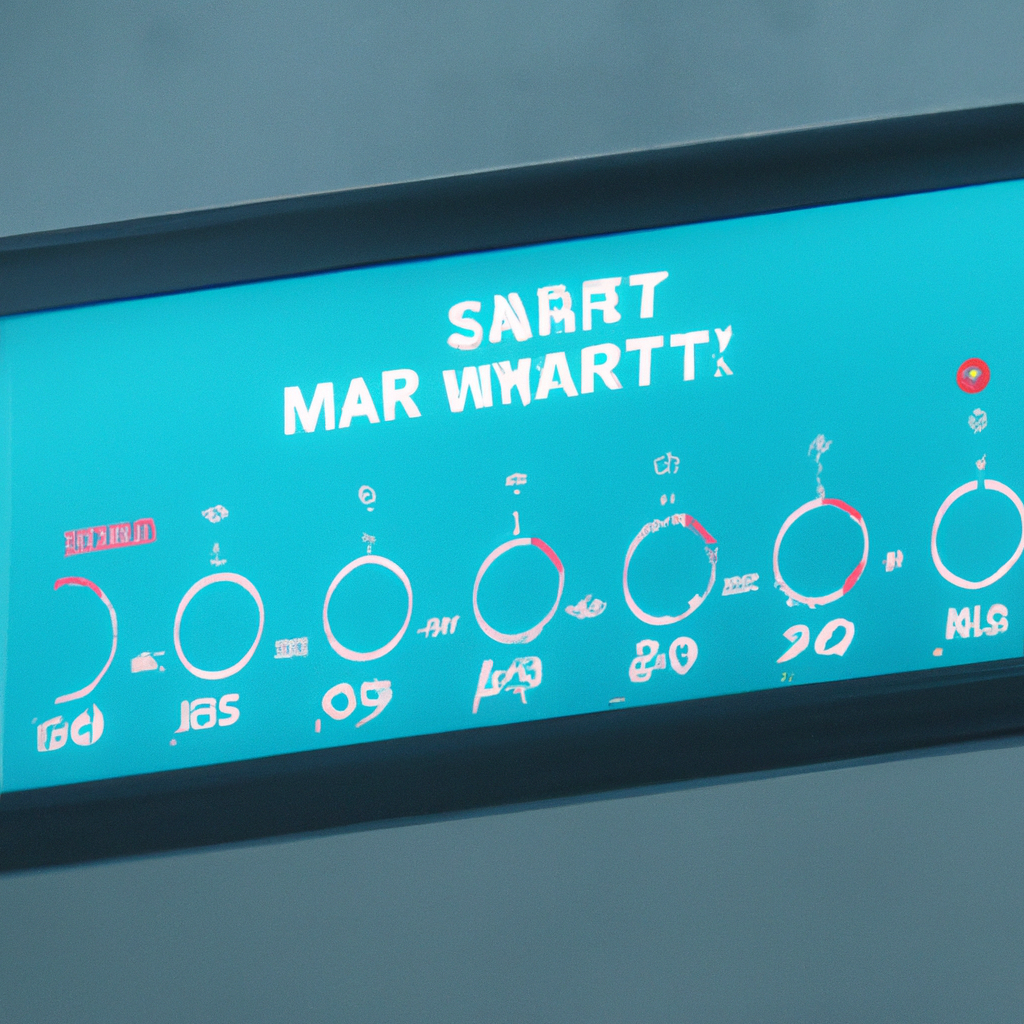Smart meters have been gaining increasing popularity as a means of monitoring and tracking energy usage, and they are becoming more common in homes and buildings across the world. But how exactly does a smart meter work? In this article, we’ll take a closer look at the technology behind smart meters, and how they can help you monitor and manage your energy consumption more effectively.
What is a Smart Meter?
A smart meter is essentially an advanced version of the traditional electricity meter that has been used for many years to measure how much electricity a household or business is using. The key difference with a smart meter is that it can send data about your energy usage directly to your energy supplier, without the need for a meter reader to come and physically check the meter.
This digital meter reading means that you can receive more accurate and up-to-date information about your energy consumption, and your energy supplier can bill you more accurately based on your actual usage, rather than just an estimate.
How Does a Smart Meter Work?
Smart meters use wireless technology to communicate with your energy supplier, sending data about your energy usage at regular intervals throughout the day. This data is then used to generate bills based on your actual usage, rather than just an estimate.
The smart meter itself is typically installed in the same location as your traditional electricity meter, and it will look very similar to the old meter. However, it will have a digital display that shows you real-time information about your energy usage, including how much energy you are using at any given time, as well as how much energy you have used over a certain period (e.g. the last day, week, or month).
The data collected by the smart meter is encrypted and sent securely to your energy supplier, using a wireless network that operates in a similar way to mobile phone networks. This means that your energy supplier can access the data in real-time, allowing them to generate accurate bills and monitor your energy usage more effectively.
Benefits of Smart Meters
There are several key benefits to using a smart meter to monitor your energy usage, including:
1. Accurate Billing: With a smart meter, you will receive more accurate bills based on your actual energy usage, rather than just an estimate.
2. Real-Time Feedback: The digital display on your smart meter gives you real-time feedback about your energy usage, helping you to identify areas where you can save energy and reduce your bills.
3. Remote Monitoring: Your energy supplier can monitor your energy usage remotely, allowing them to identify any issues or potential problems with your energy supply more quickly.
4. Time of Use Tariffs: Some energy suppliers offer time of use tariffs, which allow you to save money on your energy bills by using energy during off-peak periods. Smart meters make it easier to take advantage of these tariffs, as they can automatically track when you are using energy and adjust your bills accordingly.
5. Reduced Carbon Footprint: By monitoring your energy usage more effectively, you can identify areas where you can reduce your energy consumption and lower your carbon footprint.
Conclusion
Smart meters offer a range of benefits over traditional electricity meters, including more accurate billing, real-time feedback, and remote monitoring. By tracking your energy usage more effectively, you can identify areas where you can save energy and reduce your bills, while also reducing your carbon footprint. If you haven’t already, it’s worth considering upgrading to a smart meter to help you take control of your energy usage and reduce your environmental impact.







